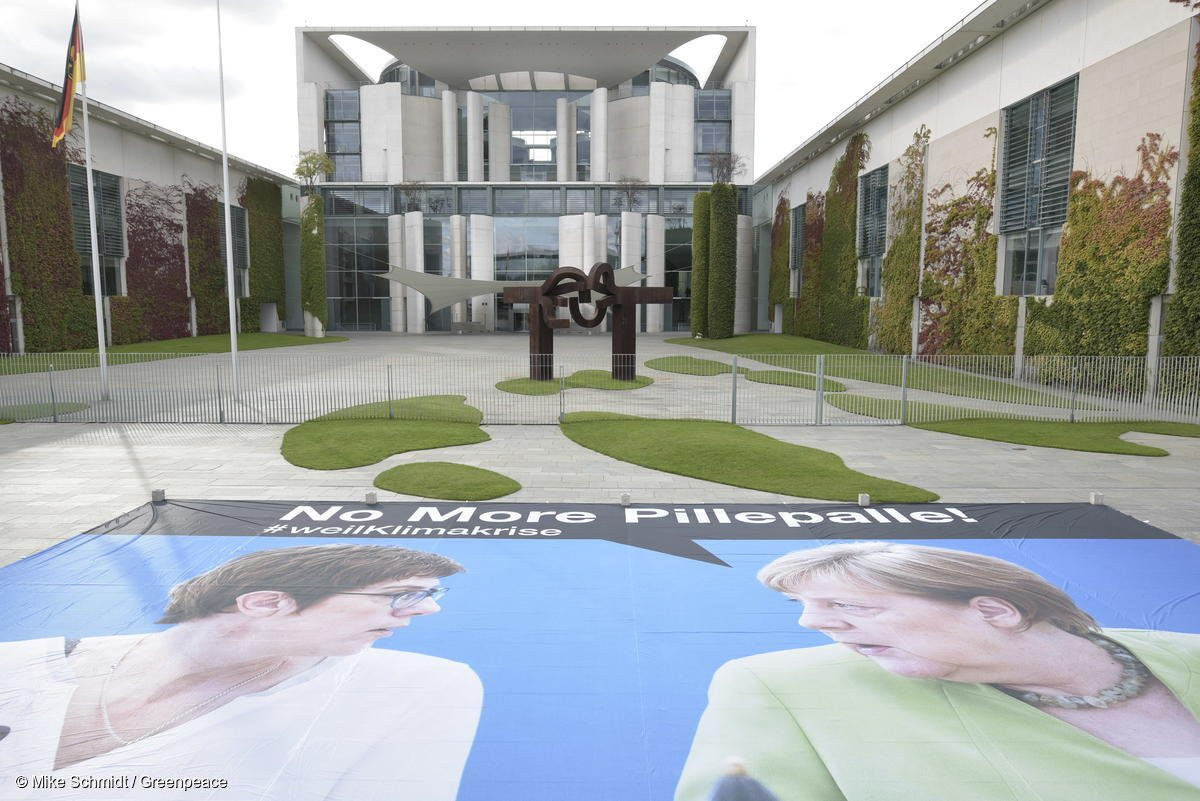German coalition climate talks enter overtime
Germany's grand coalition talks on a major climate policy package entered overtime on Friday as students and supporters of the Fridays for Future movement across the country were getting ready for protests in more than 500 towns and cities. The government said it would present the results at a press conference at 2:30 pm CEST.
German media reported that central issues remained unresolved, such as the system for CO₂ pricing in transport and buildings, its entry-level price, and how to guarantee renewables expansion to enable sufficient emission reductions.
Chancellor Merkel's government coalition is racing to put together a major climate action package by 20 September, just in time for UN Secretary-General António Guterres' climate summit in New York on 23 September. After a prolonged boom in renewable energy, Germany's planned transition to a low-carbon, nuclear-free economy – the famed Energiewende – has slowed in recent years.
Merkel set up the so-called climate cabinet – a group of ministers with responsibilities in key climate policy fields – earlier this year to decide necessary legislation to reach the 2030 climate targets. The cabinet is aiming to agree on "key points in a package of measures to ensure Germany reaches its 2030 climate targets."
Public pressure to deliver a convincing strategy is rising as the global "Climate Strike" got underway in Australia. Major climate protests are set to start at midday in Berlin and in many other German cities.
Pressure on the German government to deliver on its promises is also visible in a new survey: 63 percent of German voters say that climate action should get priority, even if this hurts economic growth, writes public broadcaster ARD.
Overnight, Chancellor Merkel discussed a strategy paper outlining a future climate policy with her CDU, CSU and SPD coalition partners and parliamentary group leaders, which will be presented on Friday after a final meeting of the climate cabinet, according to Reuters. A much more detailed "Climate Action Programme 2030", a draft of which was leaked yesterday, is expected to be decided on at a later point, reports Spiegel Online.


